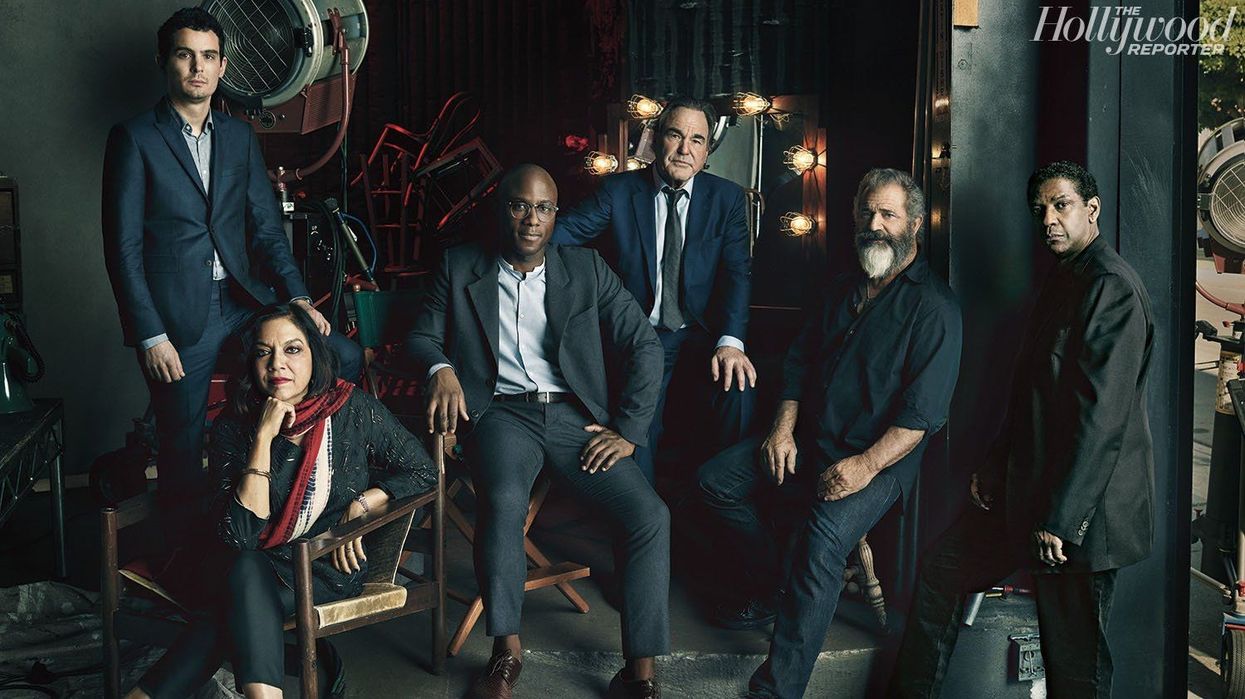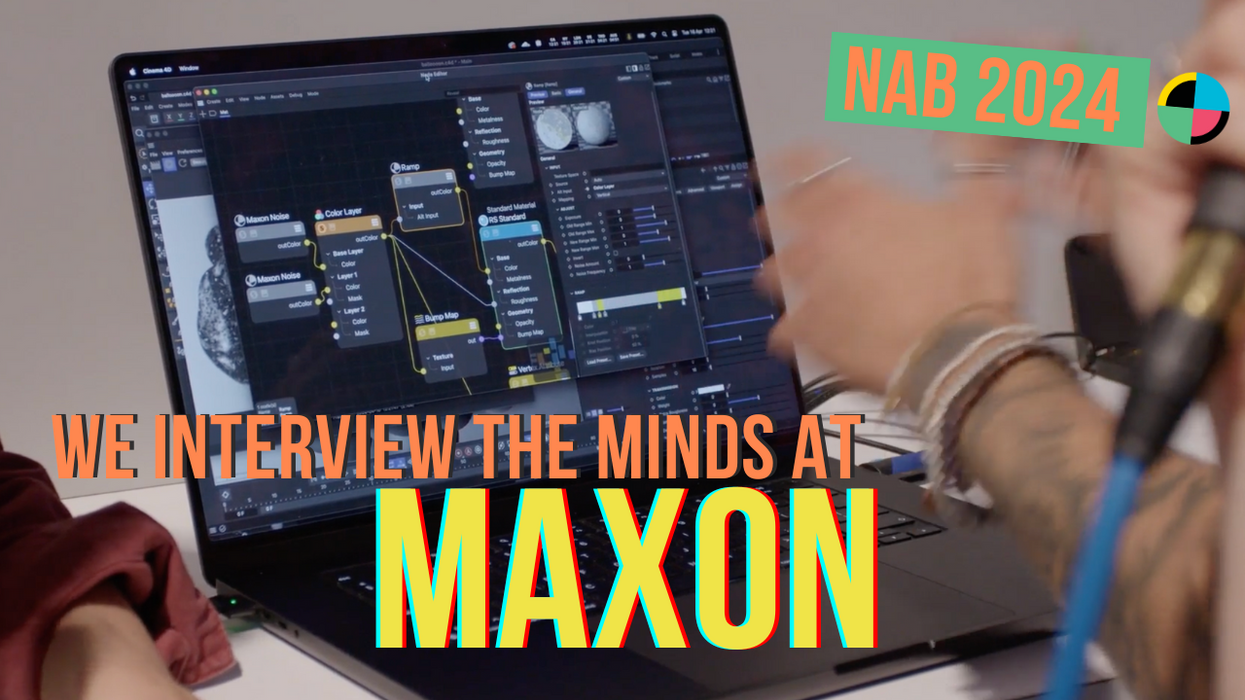The 2017 Hollywood Reporter Directors Roundtable is out, and this year's sit-down features directors whose films have inspired, challenged, and moved audiences and critics alike, including two of the most talked-about films of the year: Moonlight and La La Land. In this hour-long discussion, directors Mel Gibson (Hacksaw Ridge), Oliver Stone (Snowden), Denzel Washington (Fences), Damien Chazelle (La La Land), Mira Nair (Queen of Katwe), and Barry Jenkins (Moonlight) share their experiences working as directors, the most difficult part of the job, and how they fell in love with films in the first place.
Check out the video below and continue on for our takeaways:
You put the camera "in front"
Many who get into filmmaking do so because they've fallen in love with movies and all of their magic, and because of this "magic," young filmmakers often romanticize the craft to the point where the act of even setting up a camera seems to require clandestine knowledge or a god-given gift that perhaps many feel they don't have.
Denzel Washington touches on this when he talks about how he got into directing. He says that he never planned on being a director, that someone handed him a script and more or less forced him into it. On the first film he directed, Antwone Fisher, Washington says he asked DP Philippe Rousselot where to put the camera, thinking "there was some magic formula" to filmmaking that he didn't know, to which Rousselot responded, "You put it in front."

10 pounds of shit in a 5-pound bag
What's it like to be a director? If you ask Mel Gibson, it's like "trying to cram 10 pounds of shit in a 5-pound bag." Directing has its own lengthy set of challenges, from trying to answer a million questions without hesitation to managing sets with countless moving parts. Mira Nair's response to Gibson's comment, however, takes a different perspective on the chaos surrounding the director:
There is a great beauty in looking into the eye of the storm and just having that one thing to focus on when you're directing a film. It's all of these machinations, everything, you might have all of this at your disposal or to be controlled, but there is a real, almost, simplicity to be in that state of shock, but also of complete focus.

Be emotional
Emotion is the fuel that drives a film, which is why it's important to be an emotional director. This can be a challenge because managing an entire film set with many moving parts makes it easy to focus on tasks that need to be done rather than on how you want a scene to make your audience feel, or even how a scene makes you feel personally. Barry Jenkins shows us how beneficial it can be to allow yourself to be an emotional director when he talks about directing Naomi Harris who plays the protagonist's mother. He explains that Harris' character Paula represented his own mother in a lot of ways, which was difficult for Jenkins to experience:
It was the hardest thing I've ever had to do because I had to separate myself the director from myself the human being, reliving all these things I've tried my hardest not to relive. But this really beautiful thing happened where, because I was feeling so much, it came out in the craft.
Being emotional as a director is a good thing because the material that is being used to make your film is the same material that is inside of you all the time. Jenkins puts a finer point on it:
I want to go to this place that I think it needs to go to. If I'm gonna dig up this shit, then the audience is going to experience it as potently as possible.

You're going to fall out of love with filmmaking
Making films is like being in a relationship. When you fall in love, you're passionate. You can't wait to get on set and work, and you put yourself out there, completely vulnerable to rejection and criticism. However, as time goes on, that love, and thus passion, drive, and energy, may begin to wane due to rejection, stress, or even just time. Oliver Stone admits that he has fallen out of love with the craft many times:
It's tough. It's a long haul. You go through a lot of defeat. There's a lot of setbacks for everybody, and we have some successes here and there, but there always seems like there's more failures than successes. The important thing is the process...the process gets wearing...you always have to adapt and change. Every film makes you reassess where you are on the evolutionary scale, I think.

Featured photo credit: The Hollywood Reporter
Source: The Hollywood Reporter













